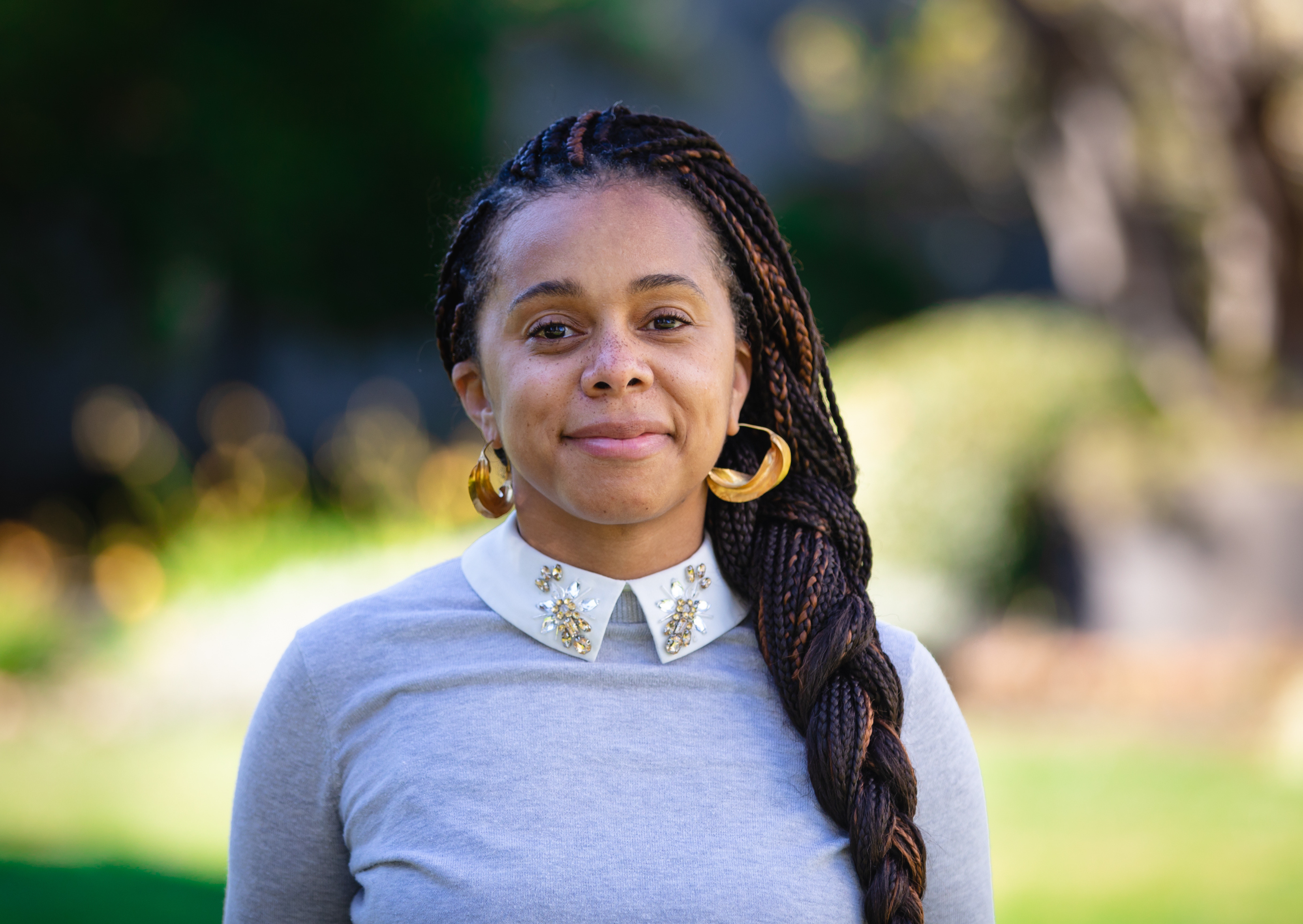BAM by 500 Global
Alumni Profiles
The BAM alumni community is a diverse, global community of like-minded accelerator managers who are pouring value into their local ecosystems. We are careful to select only the most exceptional accelerator managers to our program, so you can be sure you are surrounded by excellence. Get to know some of our alumni here.

Chief Program Officer at ICA
Dianna Tremblay
Dianna Tremblay is the Chief Program Officer at ICA. She is responsible for scaling the impact of the ICA’s programs and cultivating the support and capital ecosystem necessary for entrepreneurs to scale their businesses. With expertise in program design and implementation, small business support, accessing capital, and ecosystem building, Dianna strives to use these skills to increase equitable access to capital, coaching, and networks for entrepreneurs of color. Leading ICA’s program work, Dianna continues to explore, test, and build programs that ultimately prepare companies to become more resilient and investment-ready. Dianna currently serves on the boards of Naturally Bay Area and Progeny Coffee.
Prior to joining ICA, Dianna’s professional experience included sales, corporate relationship management, and business development roles in e-commerce and textbook publishing. Dianna received a MBA from the Lorry I. Lokey School of Business and Public Policy at Mills College and a Bachelor’s in English from California State University, East Bay.
What’s been the biggest challenge you’ve faced in your work in the accelerator world?
We’ve had two challenges: operationalizing the program and fully articulating our value proposition.
How did BAM impact your confidence as an accelerator manager?
It definitely increased my confidence! I was able to see that we were doing some things right (yay!). But, BAM also helped me to see that our challenges were absolutely solvable, I just needed time to sit down and work through them using the frameworks and guidance shared by the 500 staff.
What was the most important takeaway from the program that you implemented afterwards?
The most important takeaway was how important a fully articulated value proposition is to your accelerator. We needed to get really clear (and confident) about our accelerator’s super power and how to best articulate it to the companies we wanted to attract to our program.
What advice do you have for other program managers who are considering the program?
Do it, it’s so worth it. The time you get to work on your accelerator program with the 500 staff is invaluable. They and the other BAM participants openly share their methods, tools, and wisdom, so we can all support even more high-potential companies in the small business ecosystem. It’s really an awesome experience.

Portfolio Advisor
Ashwin Ravichandran
Ashwin is a true believer in networks and entrepreneurs. With a background in Computer Science and Engineering and previous experience working in the innovation team at Honeywell and building tech startups in India (2 exits), Ashwin joined MEST in 2015 as a Technology Teaching Fellow and has since served as the Incubator Manager for MEST Accra, Director of Portfolio Support and finally climbed up the ladder to become the Managing Director of MEST Africa in 2019.
In the midst of the pandemic, Ashwin decided to focus his energy on working with financial communities and solving their challenges. At the end of 2021, Ashwin stepped down from his role as MD of MEST to become Portfolio Advisor to work alongside the founders of the MEST Portfolio whiet trying his hand at a startup!
How did you first get involved working with startups and the accelerator world?
It started in 2013 when I was working with startups in India. My background is in computer science and engineering and I went to a school that was expanding and wanted to scale around the country. I already had some knowledge of the Lean methodology and knew how to position SMEs in that space so I was able to help them with that project. I also worked on the innovation team at Honeywell.
Eventually, I left to work at MEST as a Technology Teaching Fellow and relocated to Ghana. I went on to work as an Incubator Manager and Director of Portfolio Support, before taking on the role of Managing Director. I’m now overseeing a staff of 60 people and a community of 500 as we continue to expand.
What’s been the biggest challenge you’ve faced in your work in the accelerator world?
One of the biggest issues we face has to do with resources. It’s always a challenge to find quality mentors for our founders. There are not enough experts out there that can actually work with startups and help them.
How did BAM impact your confidence as an accelerator manager?
Overall, it was a great experience. I really enjoyed learning alongside other managers from accelerators and incubators around the world. I think I already understood some aspects of the day-to-day running of a program, like cross-collaboration or collecting and analyzing portfolio data, but I really learned a lot from 500. Specifically, how they work with other local partners and enable other organizations to think more sustainably.
What was the most important takeaway from the program that you implemented afterwards?
There are a few things. First off, the culture of the 500 team. It’s a hard thing to teach, but their staff was so helpful. Understanding how you manage data was also really impactful – the entire data modeling setup was amazing. And finally, hearing what different ecosystem players were already doing in the market and then getting to implement some of those best practices after the program.
What advice do you have for other accelerator program managers?
You really need to start off by thinking about the intent of your organization. There are so many organizations out there today interested in funding an accelerator, but do they actually align with your organization? If your intent is rock solid, then understand what the outcomes should be. How do you measure success?

Accelerator Programme Manager
Iran Seyed-Raeisy Huffels
Iran Seyed-Raeisy Huffels is Accelerator Programme Manager at HiiL Justice Accelerator.
Since attending BAM 2017, what elements of the program have been the most impactful?
Over the past 5 years since the completion of the training, I have returned to the material many times. In particular, the modules on quality and impact evaluation, community building, corporate startup innovation programmes, revenue generation for accelerators, marketing the accelerator and identifying its core competencies and values are the ones that I have reached for the most. The training presents a wealth of knowledge based on know-hows on tried and tested methods, and I highly recommend it to anyone managing accelerators.
What challenges are you currently facing?
Community building and pipeline building in the different emerging and frontier markets where we are active.